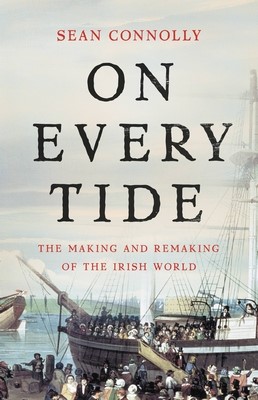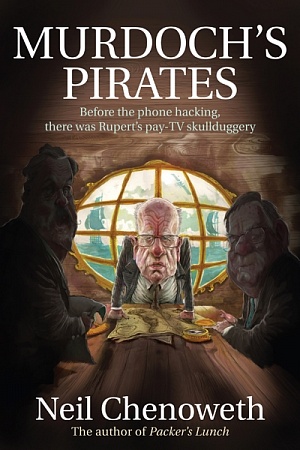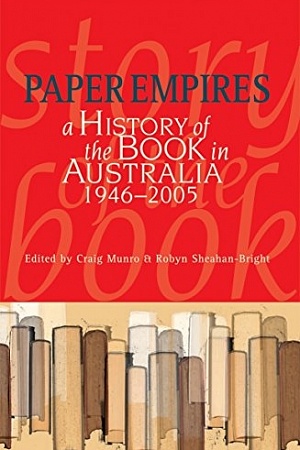On Every Tide: The making and remaking of the Irish world
Little, Brown, $34.99 pb, 488 pp
Wild geese

In the poem ‘September 1913’, W.B. Yeats lamented the mean condition of his nation. It was not what the heroes had fought and died for – nor, in an idiosyncratically Yeatsian turn of logic, what they fled the country for. ‘Was it for this the wild geese spread / The grey wing upon every tide?’
Sean Connolly adopts the phrase for his account of two and a half centuries of emigration from Ireland. He is also charmingly perverse; his book emphasises that very few tides have actually been involved. Only those to the United States, Australia, Canada, New Zealand, and, far less strongly, to Argentina.
Four-fifths of all emigrants went to the United States, and Connolly naturally devotes most of his attention to that country. Not merely, however, because of the numbers: the Irish took longer to be accepted and integrated there than in other destinations. The Irish were among the first national groups to arrive in massed numbers into a settled settler society based largely on mainland British stock. During and after the Great Famine of 1846–49, a million Irish sailed for the United States, most of them poor and unskilled. A generation later, many were no more affluent or skilled. Although they came largely from a rural background, few joined the push to open up the West; they lacked the means to finance the journey or take up land. Instead they stayed in cities, above all New York and Chicago. Connolly doesn’t say so, but it is hard to avoid feeling that the early generations of emigrants, especially the Famine victims, were in a prolonged state of shock. Furthermore, there was substantial hostility to them from nativist Americans. They lacked the support that later generations enjoyed from the Catholic church – the Devotional Revolution in Ireland didn’t occur until the second half of the nineteenth century. The lives of priests and parishioners were not nearly as entwined as they became after Cardinal Cullen’s reforms.
Continue reading for only $10 per month. Subscribe and gain full access to Australian Book Review. Already a subscriber? Sign in. If you need assistance, feel free to contact us.












Leave a comment
If you are an ABR subscriber, you will need to sign in to post a comment.
If you have forgotten your sign in details, or if you receive an error message when trying to submit your comment, please email your comment (and the name of the article to which it relates) to ABR Comments. We will review your comment and, subject to approval, we will post it under your name.
Please note that all comments must be approved by ABR and comply with our Terms & Conditions.